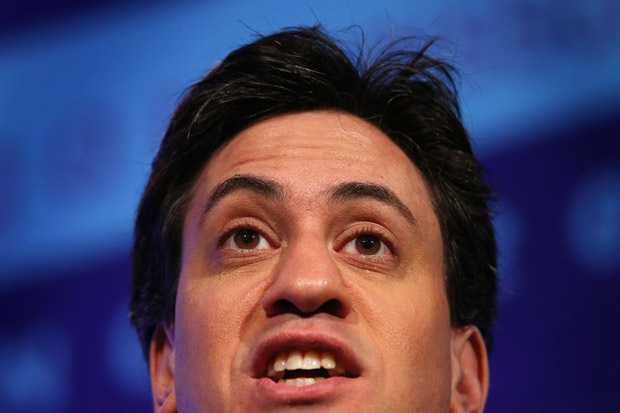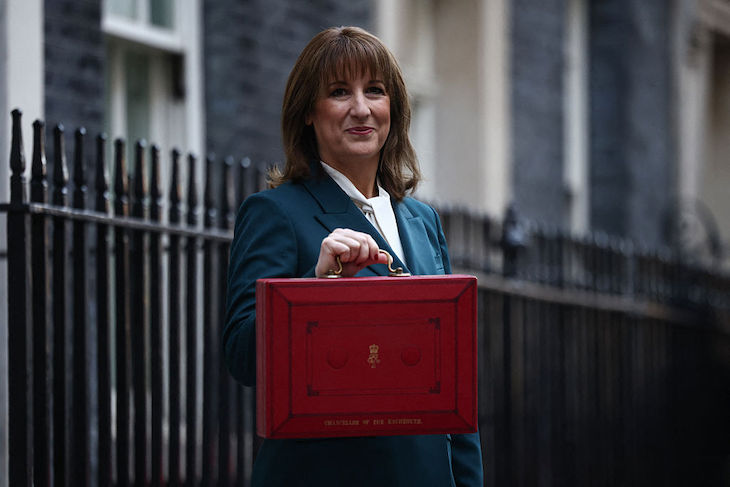I sometimes try to imagine what it would be like being a political leader. I find this difficult because I would be so utterly ill suited to the role. I’m too lazy, too disorganised and too undisciplined to be remotely credible at it. But the area in which I would fail most completely would be in the projection of a suitable image. Not only would I be incapable of saying the right things at the right time; I don’t have the appearance or bearing or dress sense to convey calm, self-confidence and authority. I suppose you could say much the same of Adolf Hitler were it not for his gift for inflammatory speechmaking. He was a miserable, rather jumpy-looking creature. But in those days politicians, and not only dictators, were not pictured eating bacon sandwiches or sipping coffee in their kitchenettes if they didn’t want to be. They were neither exposed to intimate scrutiny, nor photographed off-guard. They controlled their public images with care, keeping their distance from the electorate by choosing an individual style and sticking with it.
With Hitler and Mussolini it was principally uniforms. With Churchill, when it wasn’t boiler suits, it was Homburg hats, bow ties and cigars. With Harold Macmillan it was Savile Row suits or plus fours and shotguns. Even Harold Wilson, with his pipe and Gannex overcoat, didn’t really look like a normal person. I don’t think it occurred to many people then that politicians should be ordinary. It didn’t even seem to tell against them if they presented themselves as rich and privileged. But now with Ed Miliband, for whom ordinariness is unachievable, it seems to be insisted upon. Unfortunately for him, his efforts to appear ordinary — or at least the efforts of his minders to portray him as such — come across as lacking in authenticity.
David Cameron’s problem is different. He looks like a prime minister in a boringly traditional way, but more as if he were acting the part than actually being one. He’s a bit like Ronald Reagan, only Reagan was so good at acting like a president that he was very convincing in the role. Cameron looks as if he is playing at being prime minister. But despite his Etonian and Bullingdon Club background, he is still better than Miliband at looking ordinary. He does wear holiday gear of T-shirts and shorts and is often photographed in his kitchen in Downing Street. He has even been photographed eating a bacon sandwich without arousing derision. So he’s luckier than Miliband, who should be protected from doing ordinary things because they only show up his lack of ordinariness. Cameron also engages in vigorous physical pursuits, which it’s hard to imagine Miliband doing (even though, for all I know, he may).
There is, of course, a long tradition of political leaders portraying themselves as bursting with physical energy. Mussolini was one of the first to see vigour and masculinity as essential to his public image. His spin doctors let it be known that he started the day with a cold bath and followed it with spells of riding, swimming or fencing; and he had himself endlessly photographed in a state of semi-undress, often sweating profusely after helping peasants bring in the harvest or engaging in some other strenuous activity. Neither Hitler nor Stalin, let alone Churchill or Roosevelt, were up to that kind of thing, but in modern times Mussolini has been emulated by Nicolas Sarkozy and especially by Vladimir Putin, who likes showing off his muscles and having himself filmed driving lorries and piloting fighter jets.
It is, of course, absurd and unfair that Ed Miliband should be judged by the furnishings of his kitchen (or kitchens) or his struggles with bacon sandwiches. But he should never have exposed himself to humiliations of this kind. It’s a bit late to say it now, but he should have cultivated an exotic image in keeping with his unusual looks. A foulard and a wide-brimmed hat might have helped — anything to make him look different and proud of it and stand out from the crowd. Be different, be original: that’s what makes a politician popular. Look at Boris.







Comments